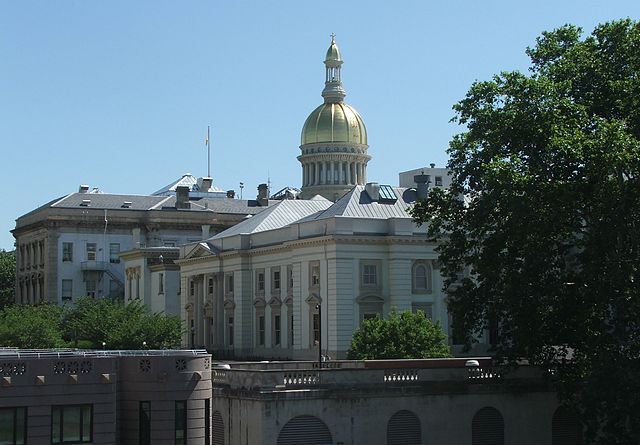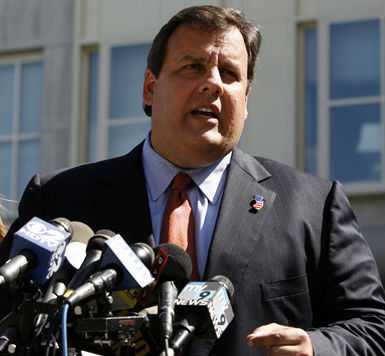Unions lost the first round in the pension case playing out in New Jersey, when a judge ruled last week that New Jersey was too cash-strapped to make its full contribution to the pension system. The state instead diverted that money, totaling over $800 million, towards balancing the state budget.
Unions were hoping, and still are, for a court ruling that would reverse state Gov. Chris Christie’s decision to divert that money.
To that end, attorneys for the labor groups amended their court filings on Wednesday to update their argument that Christie broke the law when he slashed the state’s pension contribution.
The contribution, unions argue, was legally required due to a law that Christie himself signed in 2011. From the Asbury Park Press:
The updated court filings are a step toward a new hearing, expected in August, and fuller vetting of the issue by Jacobson, who said claims about the 2015 budget and pension payments needed time to become “ripe.” Christie made changes in the new budget days after Jacobson’s prior ruling.
“The amended filings reflect the fact that the governor didn’t make the full 2014 payment and made his changes in the 2015 budget,” said NJEA spokesman Steve Baker. “Other than that, there’s no substantive difference in the arguments we’ve had all along.”
Christie spokesman Kevin Roberts pointed to the Republican governor’s past comments on the court case, when Christie called the spending cut “one of the hard choices the people of New Jersey expect me to make.”
“For our state’s families who are already overburdened by high taxes, raising taxes even further would not solve a problem created by decades of neglect and irresponsibility,” Christie also said.
The unions will have to make a stronger argument to Jacobson about Christie’s ability as governor to set fiscal priorities for such things as hospitals, nursing homes, tuition aid and other programs. In the June court hearing, the unions also failed to force Christie to turn $300 million from state surplus as a down payment on the shorted pensions. “The governor determined it would be extremely unwise to not maintain that amount,” Jacobson told the lawyers for the plaintiffs.
Read the full complaint here:
[iframe src=”<p style=” margin: 12px auto 6px auto; font-family: Helvetica,Arial,Sans-serif; font-style: normal; font-variant: normal; font-weight: normal; font-size: 14px; line-height: normal; font-size-adjust: none; font-stretch: normal; -x-system-font: none; display: block;”> <a title=”View Complaint – NJ Education Association on Scribd” href=”http://www.scribd.com/doc/235461708/Complaint-NJ-Education-Association” style=”text-decoration: underline;” >Complaint – NJ Education Association</a></p><iframe class=”scribd_iframe_embed” src=”//www.scribd.com/embeds/235461708/content?start_page=1&view_mode=scroll&show_recommendations=true” data-auto-height=”false” data-aspect-ratio=”undefined” scrolling=”no” id=”doc_95456″ width=”100%” height=”600″ frameborder=”0″></iframe>”]
Photo: “New Jersey State House” by Marion Touvel Licensed under Public domain via Wikimedia Commons


